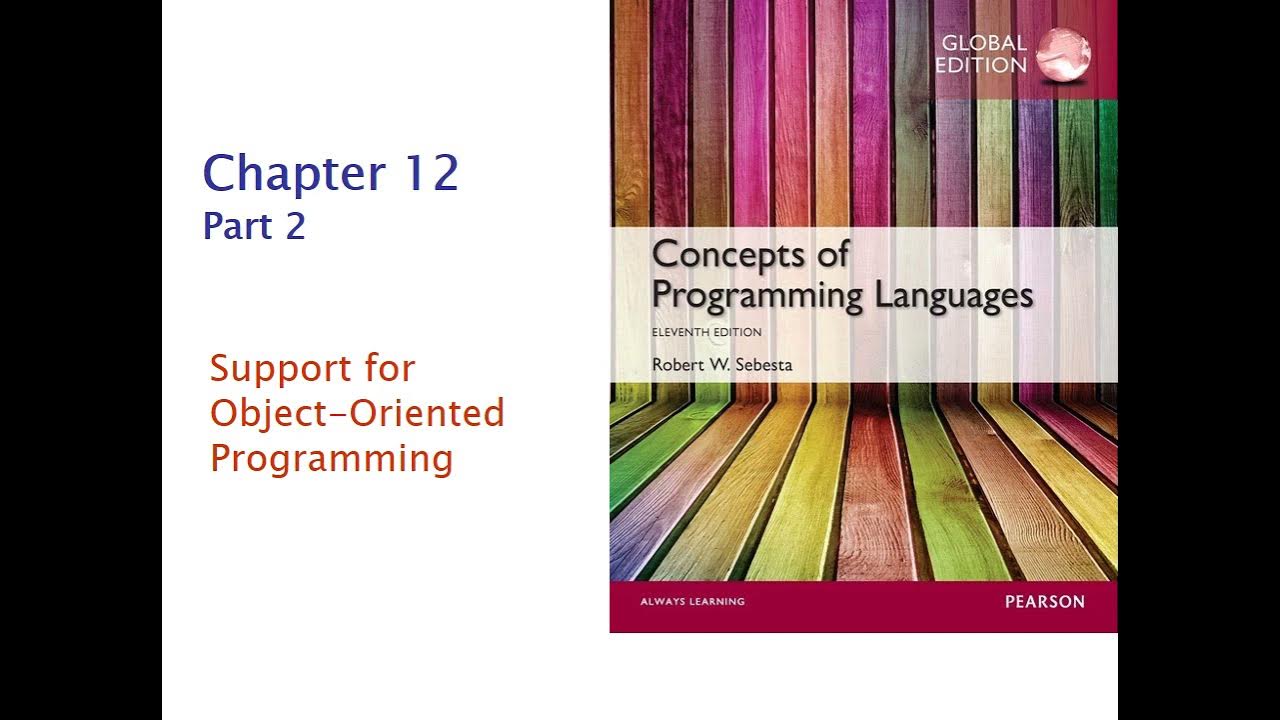How Ordinary People Become Monsters
Summary
TLDRThis video delves into C.S. Lewis's exploration of good and evil, emphasizing the significance of everyday moral choices and the impact of small cruelties. Through the lens of the 'Screwtape Letters,' Lewis illustrates that both great sins and mundane unkindness lead to similar outcomes. He underscores the transformative power of love and selflessness as antidotes to selfishness. The discussion also questions how non-believers can navigate morality without divine guidance, encouraging viewers to reflect on their ethical frameworks. Ultimately, it invites contemplation on redemption, forgiveness, and the pursuit of kindness in an increasingly secular world.
Takeaways
- 😀 C.S. Lewis explores everyday evil, focusing on small acts of cruelty that people engage in rather than just grand historical atrocities.
- 😀 The moral implications of our actions are emphasized, highlighting the need for self-reflection on whether we are truly as good as we think.
- 😀 Lewis argues that both significant sins and minor malevolences ultimately lead to the same negative outcomes, suggesting a universal moral failing.
- 😀 The idea of redemption is central to Lewis's philosophy, asserting that it is never too late to change our ways, regardless of past actions.
- 😀 Lewis's portrayal of ordinary kindness contrasts sharply with everyday evil, illustrating how simple acts of goodness can counteract malevolence.
- 😀 The discussion on forgiveness in a secular context raises important questions about moral development without divine influence.
- 😀 Love, defined as the selfless desire for the good of others, is presented as a crucial antidote to selfishness and evil.
- 😀 The script parallels Lewis’s views with early Christian debates on free will and divine grace, prompting reflection on moral perfection.
- 😀 Lewis provides a framework for non-believers to understand concepts like redemption and kindness in a secular world.
- 😀 The idea that striving for love and kindness can lead to personal growth and societal improvement is highlighted as a valuable pursuit.
Q & A
What is the primary focus of C.S. Lewis in 'The Screwtape Letters'?
-C.S. Lewis primarily focuses on the nature of everyday evil and the subtle ways it manifests in human behavior, as well as the potential for ordinary goodness.
How does Lewis differentiate between grand atrocities and everyday cruelty?
-Lewis emphasizes that while grand atrocities are significant, the smaller, everyday acts of unkindness are equally important and can lead individuals down a path of moral decay.
What does the speaker suggest about the relationship between ethical concerns and daily life?
-The speaker suggests that ethical concerns are often perceived as separate from daily life, but challenges the audience to recognize that their small cruelties can be just as damaging as larger sins.
What is the hopeful message Lewis conveys at the end of 'The Screwtape Letters'?
-The hopeful message is that it is never too late for individuals to change their course and embrace kindness, as exemplified by the character who finds God's protection and embodies ordinary goodness.
How does Lewis address the concept of redemption for non-believers?
-Lewis implicitly suggests that non-believers can strive for redemption through selfless love and genuine concern for others, proposing an alternative to divine grace.
What role does love play in Lewis's understanding of moral behavior?
-In Lewis's view, love is central to moral behavior, defined as wishing the good of others for their own sake, contrasting with the self-serving behaviors that demons promote.
What is the significance of the debate between Pelagius and St. Augustine mentioned in the transcript?
-The debate highlights differing views on human perfection and redemption, with Pelagius arguing for moral achievement through free will, while Augustine believed divine grace is essential for true moral goodness.
How does the speaker relate Lewis's ideas to modern secular discussions on morality?
-The speaker relates Lewis's ideas to modern secular discussions by questioning how concepts like forgiveness and charity can be understood and practiced without a religious framework.
What question does the speaker raise about the future of moral philosophy for non-believers?
-The speaker raises the question of what an atheistic version of 'The Screwtape Letters' might look like and how it would differ from Lewis's original work.
What is the overarching theme of the discussion presented in the transcript?
-The overarching theme is the exploration of good and evil in everyday life, emphasizing the importance of selfless love and kindness as a pathway to moral integrity, regardless of religious belief.
Outlines

هذا القسم متوفر فقط للمشتركين. يرجى الترقية للوصول إلى هذه الميزة.
قم بالترقية الآنMindmap

هذا القسم متوفر فقط للمشتركين. يرجى الترقية للوصول إلى هذه الميزة.
قم بالترقية الآنKeywords

هذا القسم متوفر فقط للمشتركين. يرجى الترقية للوصول إلى هذه الميزة.
قم بالترقية الآنHighlights

هذا القسم متوفر فقط للمشتركين. يرجى الترقية للوصول إلى هذه الميزة.
قم بالترقية الآنTranscripts

هذا القسم متوفر فقط للمشتركين. يرجى الترقية للوصول إلى هذه الميزة.
قم بالترقية الآنتصفح المزيد من مقاطع الفيديو ذات الصلة

Node.js Tutorial - 3 - Chrome's V8 Engine

read these 5 books to break into quant trading as a software engineer

C++ (A Linguagem Imortal de Verdade) // Dicionário do Programador

COS 333: Chapter 12, Part 2

COS 333: Chapter 11, Part 2

CLASSES vs STRUCTS in C++

What is the C Rate for Lead-Acid and Lithium Batteries? How to Calculate
5.0 / 5 (0 votes)
